We may earn money or products from the companies mentioned in this post. This means if you click on the link and purchase the item, I will receive a small commission at no extra cost to you ... you're just helping re-supply our family's travel fund.

Travel forums love clever shortcuts, but some viral hacks cross straight into theft. Hotels treat linens, electronics, and bulk amenities as inventory tied to logs, sensors, and cameras that sit in halls, lobbies, and elevators. When items go missing, security pulls key records, audits carts, and documents losses like any retailer. The pattern repeats every peak season. Small acts get rationalized as souvenirs or included perks, then turn into bills, bans, and, when intent is clear, a police report.
Walking Off With Towels, Robes, and Linens

Plush towels and embroidered robes feel like part of the stay, which tempts guests to slip them into a suitcase. Properties assign unit costs, tag stock by floor, and reconcile counts at checkout. Missing pieces trigger charges, then an incident file if totals climb. Pillows and duvet covers carry barcodes or RFID, so housekeeping can match a cart to a room in minutes. A complimentary feel does not transfer ownership. The paper trail does not care about jokes at the front desk.
Removing Refillable Toiletry Dispensers
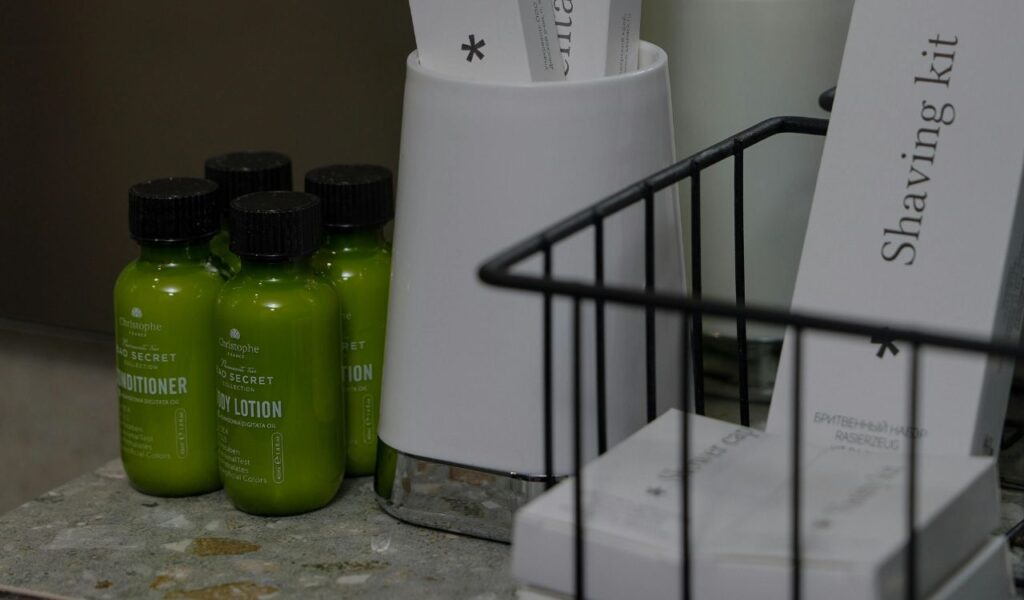
Many brands replaced single bottles with wall units. Popping a pump, decanting liters into personal containers, or taking the whole bracket reads as removal of fixtures, not amenities. Engineering teams maintain lists by room and date, and missing hardware flags security during routine checks. Even refilling a backpack from an open dispenser shows clear intent once cameras and key logs are reviewed. Courts tend to view it like walking out with a beer tap. The invoice will look the same.
Minibar Swaps, Reseals, and Sensor Tricks
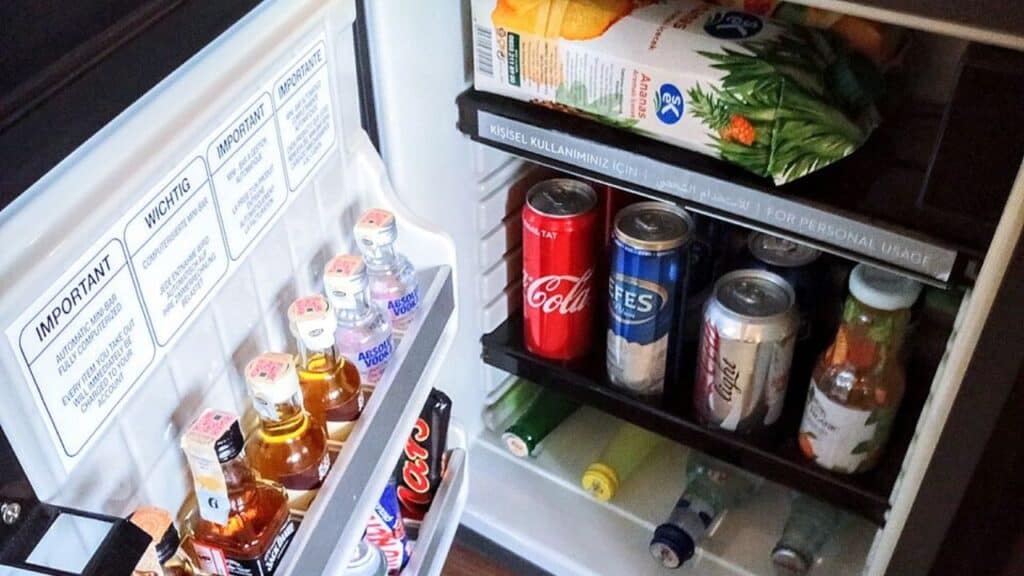
Old lore suggests topping liquor with tea, swapping labels, or tipping a sensor tray and setting it back. Modern minibars use weight plates, tamper bands, and batch logs tied to restock runs. Staff compare serials and temperatures, then pull footage if numbers do not match. A disputed charge is one thing. A pattern of manipulation becomes theft by deception. Expect full retail pricing, a service fee, a damaged room note, and a fraud write-up that does not fade quickly.
Turning the Breakfast Buffet Into Takeout Service

Breakfast pricing assumes food eaten on site during posted hours. Loading clamshells for lunch, filling grocery bags, or feeding unregistered visitors turns into theft of services when warnings fail. Dining teams document with photos, room checks, and counts of repeated incidents. Hotels prosecute not for a single muffin, but for steady bulk removal that distorts food cost and liquor licenses. The fix is simple. Eat there, during hours, and add names to the folio if more people join.
Tailgating Into Club Lounges and Elite Floors
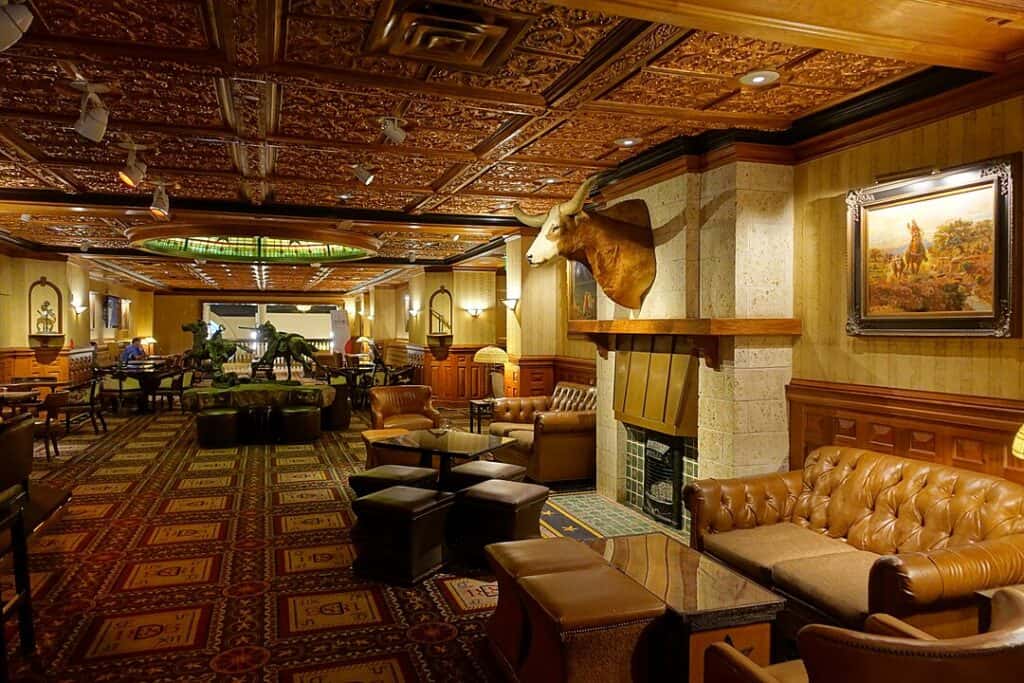
Club access follows room type or status and is enforced by keys coded to readers. Slipping in behind a stranger, propping a door, or borrowing a band to host unregistered guests converts complimentary offerings into stolen services. Properties reconcile lounge entries with eligible rooms and track alcohol volume to show control. When that math breaks, trespass notices and bills follow. If staff find a pattern, expect a ban and a note that travels across the brand.
Charging to Other Rooms or Forging Signatures
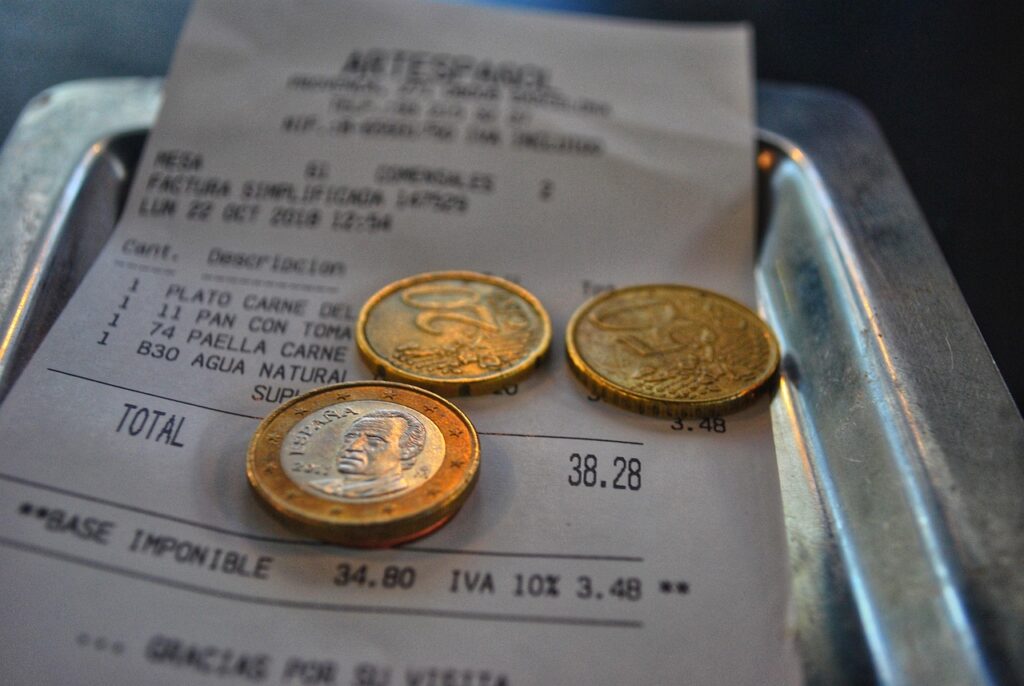
Routing a bar tab or spa bill to a random room bets on rush hour and a distracted server. Audits match signatures, times, and camera angles to a terminal. Once intent is clear, it moves from mix up to theft of services. Hotels recover through the card on file. If payment fails, expect a demand letter, then a report, especially when amounts cross set limits. Repeat offenders meet brand security the next time they try to check in.
Taking Electronics like Hairdryers, Kettles, and Irons
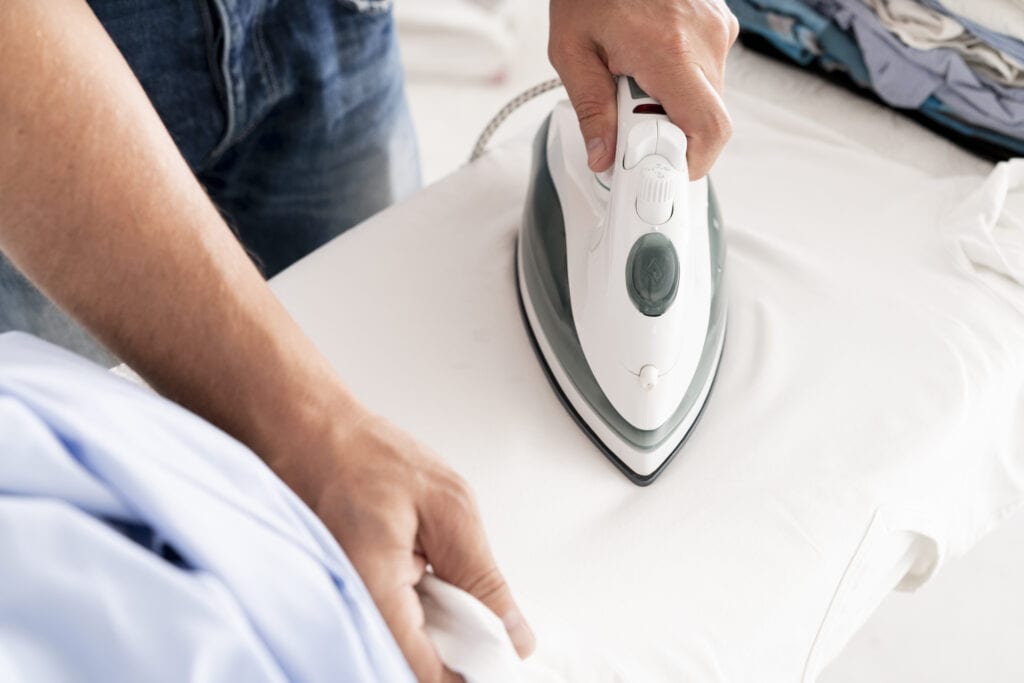
Small appliances look generic, yet hotels buy commercial models, log unit numbers, and audit rooms after checkout. Missing hairdryers, steamers, kettles, irons, or Bluetooth speakers are not rounding errors. Housekeeping notes become photos of empty cradles, then charges, then a report if totals or patterns rise. Loaner items signed out at the desk come with names and times. A claim of forgot in the suitcase collapses when the form appears with a signature.
Disappearing Décor, Hangers, and Coffee Gear
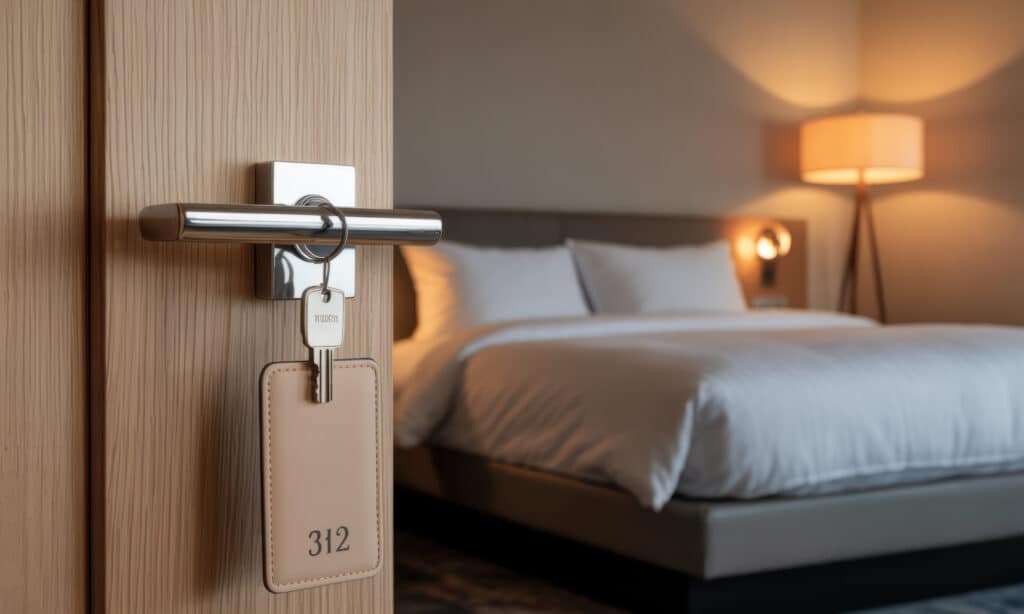
Art books, framed prints, premium hangers with locking hooks, and pod machines are not takeaways. Many carry hidden tags, and housekeeping trains on room photos to spot swaps. When décor vanishes, managers treat it like retail shrink, not a misunderstanding. A missing machine or a stack of leather bound books adds up fast. Invoices rarely end the story if intent shows on cameras. Reselling branded items online turns a charge into a clean evidence trail.
Keeping Borrowed Umbrellas and Beach Kits

Umbrellas, beach towels, chairs, and strollers often sit under for use during stay signs and are tagged to room numbers. Failing to return them, whether left in a trunk or carried home, counts as conversion of property. Front desks log loans with times, and exits get watched on rainy days. Replacement charges land on folios. Refusing to pay can draw local follow up, especially when items are branded and show up online with matching serials and dates.
Using Found or Cloned Keys for Extra Access
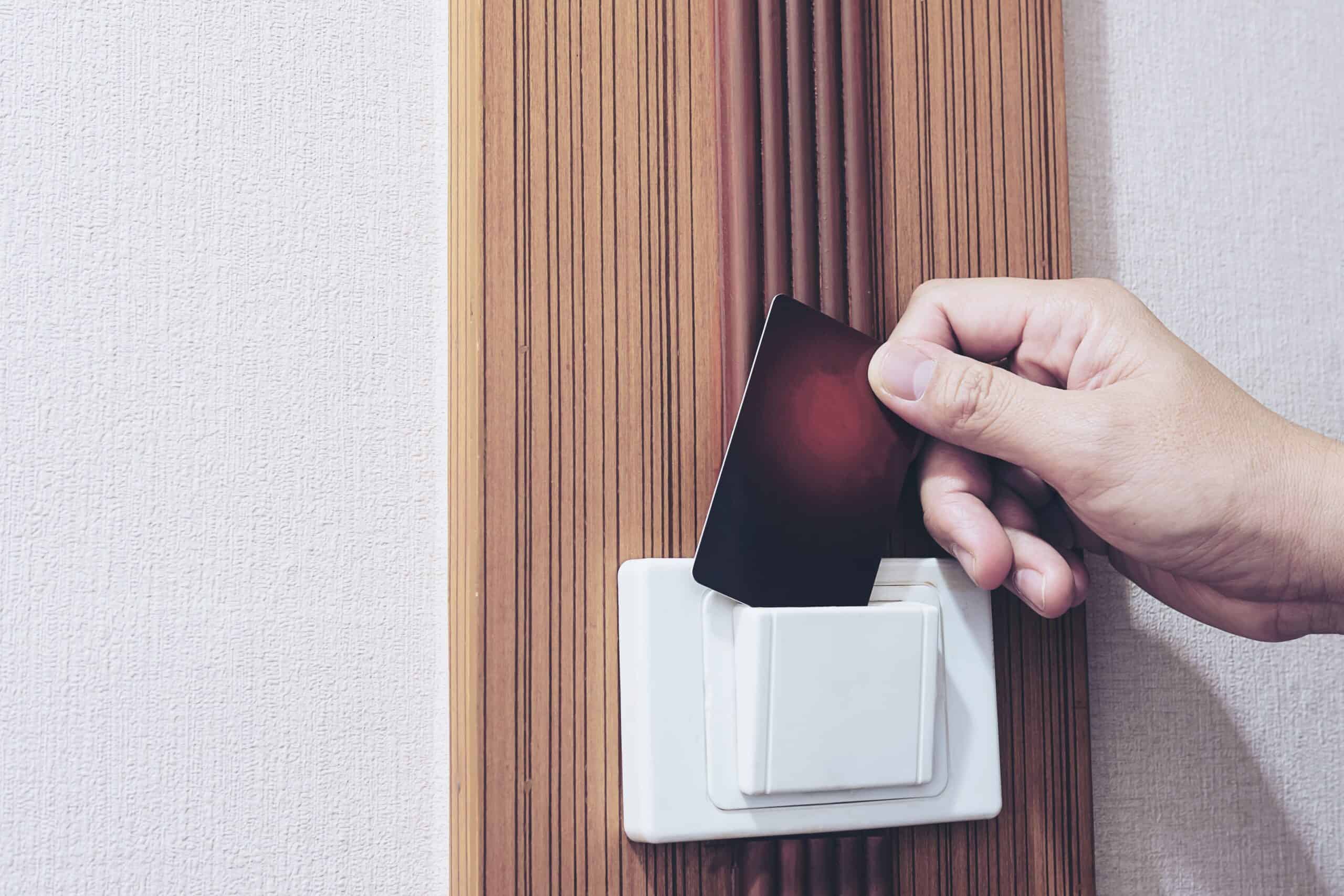
Picking up a lost RFID card, testing staff doors, or cloning keys with hobby gear moves into criminal territory fast. Door readers store event histories linked to specific cards and times, which creates a map of movement. Attempted entries into storage, mechanical spaces, or occupied rooms trigger alerts. Even without entry, possession of a tool used for unauthorized access can support trespass or burglary related charges. Brands share notes. The next check in may not happen.